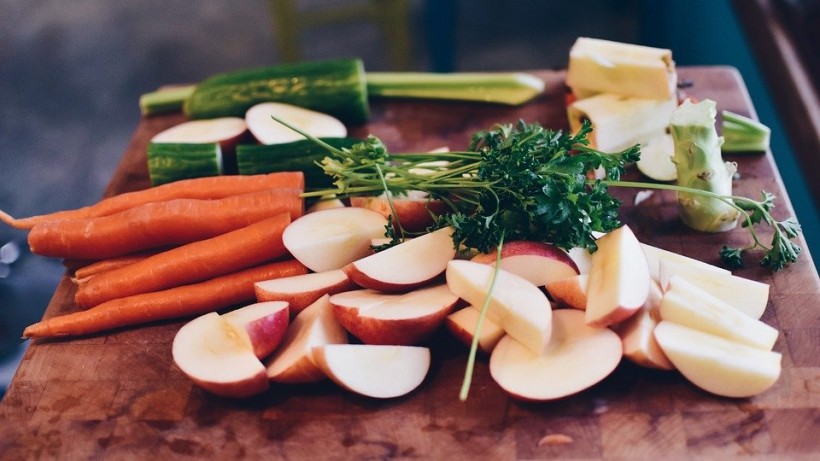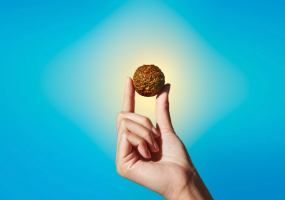Vegan is definitely life! It's a total win-win shifting to a vegan lifestyle--you get to eat and live healthy for a cause: the environment. Recently, vegetable meals are starting to gain a large following, as regular meat-eaters who pledged their undying love to steaks and hamburgers are beginning to give the green life a shot.
However, those who are just new to the lifestyle or are still skeptical of going green ask an essential question. Is vegan life healthy? Here are some unpopular myths surrounding the vegan lifestyle and its underlying health implications to debunk them.
Vegan lifestyle translates to healthy
Living the vegan life and consuming leafy greens do not automatically mean a healthy life. While some sweetened vegetarian treats, such as cookies, chips, cereals labeled as such, it is likely that these products contain high amounts of sugars and oils. To prevent this, opt for less processed options so that your vegetarian diet can match the healthy lifestyle you're aiming for.
The vegan diet lacks protein intake
Contrary to popular beliefs, a diet that does not contain meat in, it does not necessarily mean that it does not have any protein. Plant-based protein can provide an adequate amount of protein a person needs to build the body's muscle mass. Some versatile plant-based protein include beans, peas, peanuts, soy products, nuts, and whole grains.
To compensate for the lack of meat in their diet, vegans need to consume more protein than those who eat meat and dairy products. The protein content of whole grains food and legumes has lower digestibility than protein present in meat.
A vegetarian diet is not suitable for children, pregnant women, and athletes
Vegetarian or vegan diet, as long as it is carefully planned, and is appropriate to the needed nutrients, is suitable for any person, including pregnant and lactating women, children, and even athletes.
Pregnant women's diets should be meticulously thought of and prepared. They should mainly consume food, which is high in iron to increase absorption. Expecting women also need Vitamin C. For iron and vitamin C, try combining beans and salsa, and tofu and broccoli.
As stated above, athletes can get their proteins from non-meat products such as legumes and whole-grain foods, strengthening their muscles. A well-planned and complete vegetarian diet can meet the nutrition necessary for an athlete's required energy.
A vegan diet is low in calcium
Another unpopular myth about the vegan lifestyle states that a green leafy diet that does not contain any dairy products has no source of calcium. Dairy is not the only food source that has calcium and can improve the bones. Plant foods such as kale, bok choy, tofu, broccoli, and soymilk can also provide the calcium needed by your body.
Dairy products, which improve the bones, also contain Vitamin D and protein. The plant foods, as mentioned above, also provide Vitamin D and protein present in your milk and cheese.
Soy increases the risk of breast cancer
Cutting off meat from the diet, vegans and vegetarians resorted to incorporating soy in their diet. Since it is high in protein and calcium, it is a good alternative if you're trying to switch to green. Reports stating that soy has cancer increases the risk of breast cancer, there is still no scientific evidence to prove such a claim.
ALSO READ: 6 Low-Fat Foods You Need to Be Aware Of












